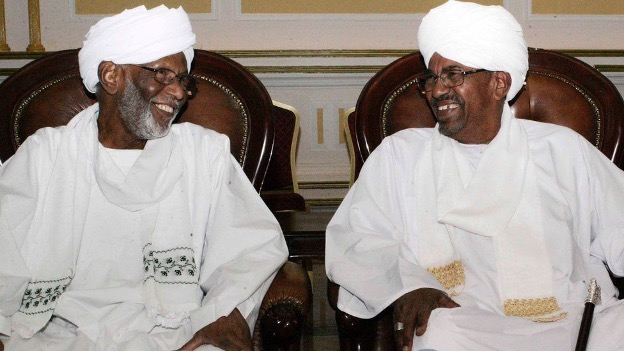
The world has one year to deliver on the most critical climate action plans of the century, according to the UN’s climate chief Simon Stiell. In an open letter addressed to nearly 200 nations involved in UN climate talks, Stiell stressed the urgency of ambitious new emissions-cutting pledges and revisions to existing plans.
“These commitments will determine how protected your populations, economies, and national budgets are from the rapidly worsening impacts of climate change,” Stiell emphasized. The call to action comes as the world grapples with the consequences of nearly 1.2 degrees Celsius of global warming, already causing a surge of extreme weather events around the globe.
The 2015 Paris Agreement set a target of limiting global warming to “well below” 2 degrees Celsius compared to pre-industrial levels, with a more ambitious goal of 1.5 degrees Celsius if achievable. The agreement also requires countries to submit progressively more stringent emission-cutting plans every five years, known as Nationally Determined Contributions (NDCs). The third round of these pledges is due by early 2025, ahead of the crucial COP30 climate negotiations in Brazil.
Stiell emphasized the unprecedented importance of the upcoming NDCs, stating, “In all respects, your NDCs 3.0 will be the most important climate documents produced so far this century in securing the safety and prosperity of your peoples.”
While the UN climate panel has stated emissions need to be nearly halved this decade to maintain the 1.5-degree target, current trends driven by fossil fuel dependence paint a grim picture. The UN’s Environment Programme warned in November that existing plans put the world on track for catastrophic warming beyond 2.5 degrees Celsius.
Despite challenges, there have been some advancements. Notably, countries agreed to triple global renewable energy capacity and transition away from fossil fuels at last year’s COP28 meeting in Dubai. While praising this progress, Stiell emphasized the need for “quantum leaps” in climate finance, particularly for developing nations disproportionately impacted by climate change.
Stiell concluded by highlighting the benefits of ambitious climate action. “As we accelerate global decarbonization, these plans will also determine the vast benefits that flow to your citizens, including job creation, economic growth, cleaner air, improved health, and secure, affordable clean energy for all,” he stated.




